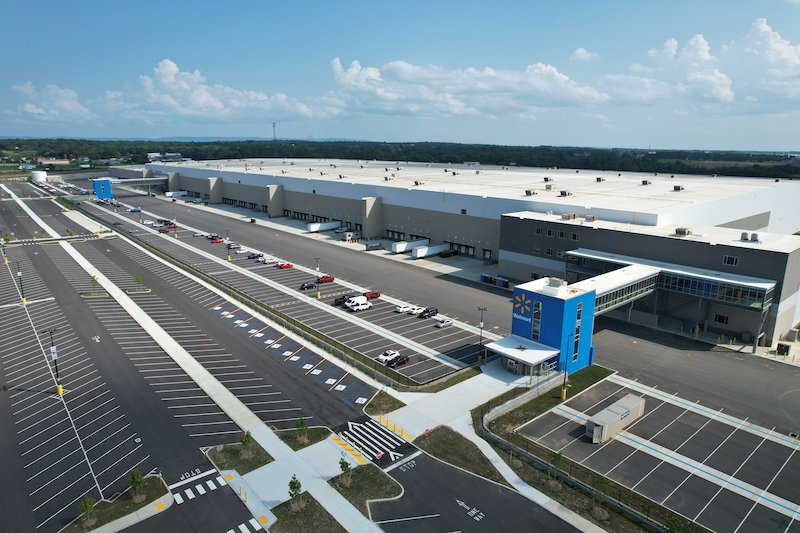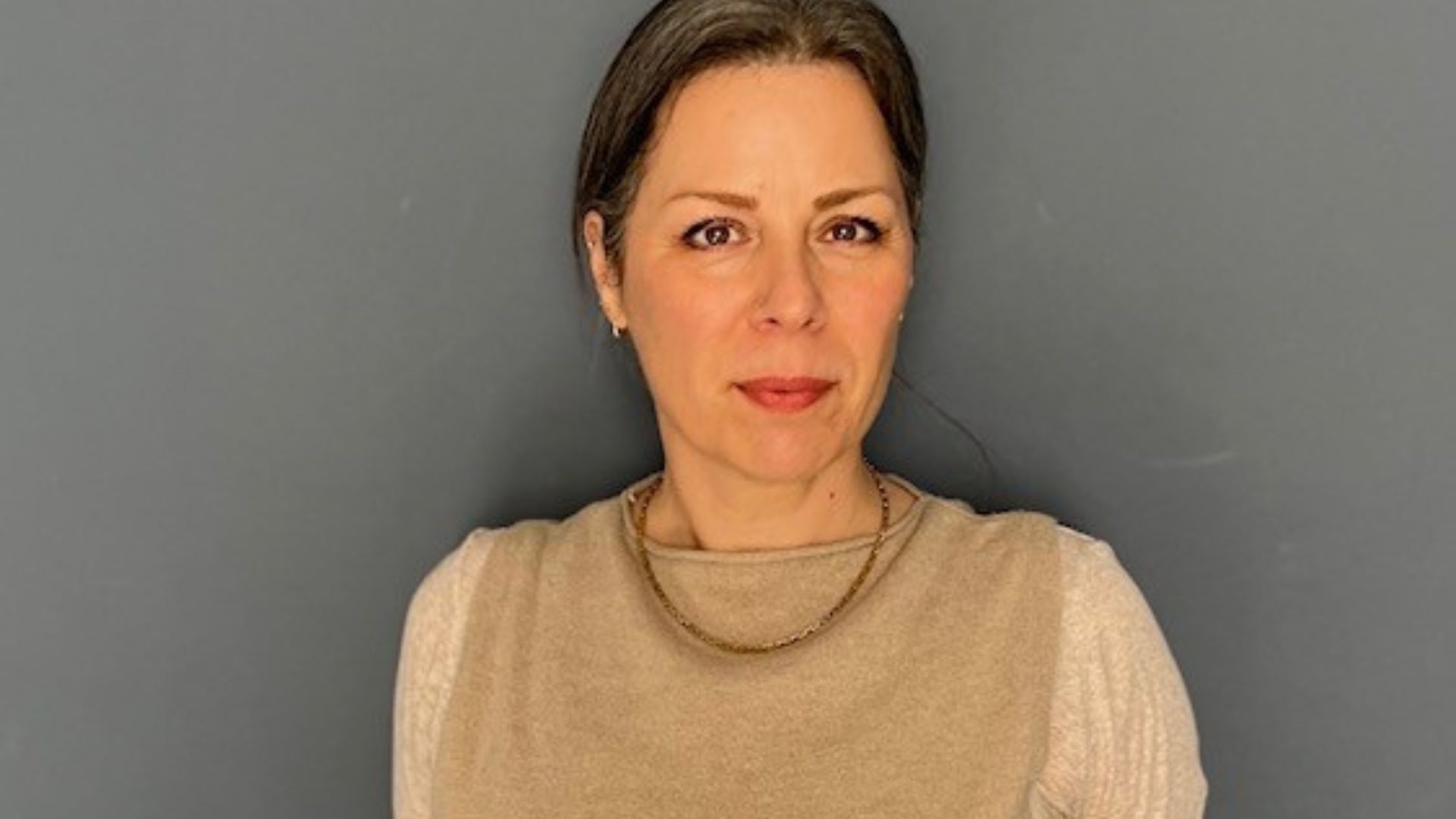
Venezuela has had a significant decline in glacier coverage, with a 98% reduction from 1953 to 2019. The rate of ice loss has accelerated since 1998, with a peak of about 17% per year from 2016 onwards. This decline is concerning as it puts Venezuela on track to become the first country in modern times to see all its glaciers disappear.
Research conducted over the past few decades has shown that the Humboldt Glacier, or La Corona, which was once 4.5 square kilometers in size, has shrunk to less than 0.02 square kilometers. In 2015, it was at risk of losing its glacier status due to its small size. The Venezuelan government attempted to protect the Humboldt Glacier by covering it with geotextile material, but this plan failed and raised concerns among conservationists. The geotextile material could decompose into microplastics over time, leading to pollution in the ecosystem and potentially harming human health in the long term.
The decline of glaciers in Venezuela is a stark reminder of the impact of climate change on our planet. It highlights the urgent need for countries to take action to reduce greenhouse gas emissions and protect our natural resources. As glaciers continue to disappear, we must prioritize conservation efforts and sustainable practices to ensure a healthy environment for future generations.
In recent years, there have been efforts by scientists and environmentalists to raise awareness about this issue and encourage governments worldwide to take action against climate change. However, much more needs to be done if we are to prevent the complete disappearance of glaciers in Venezuela and other parts of the world.
One solution could be for countries like Venezuela to shift towards renewable energy sources such as solar or wind power instead of relying heavily on fossil fuels that contribute significantly to greenhouse gas emissions. Additionally, investing in sustainable agricultural practices can help reduce deforestation rates and slow down the melting of glaciers.
Overall, it is crucial that we take immediate action against climate change if we want our planet’s natural resources and ecosystems to survive for future generations.







